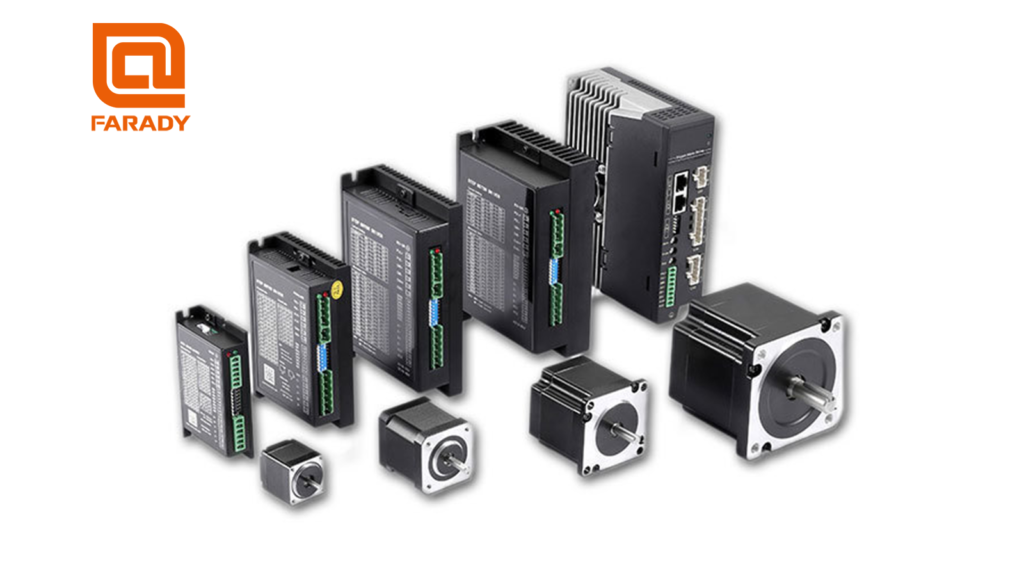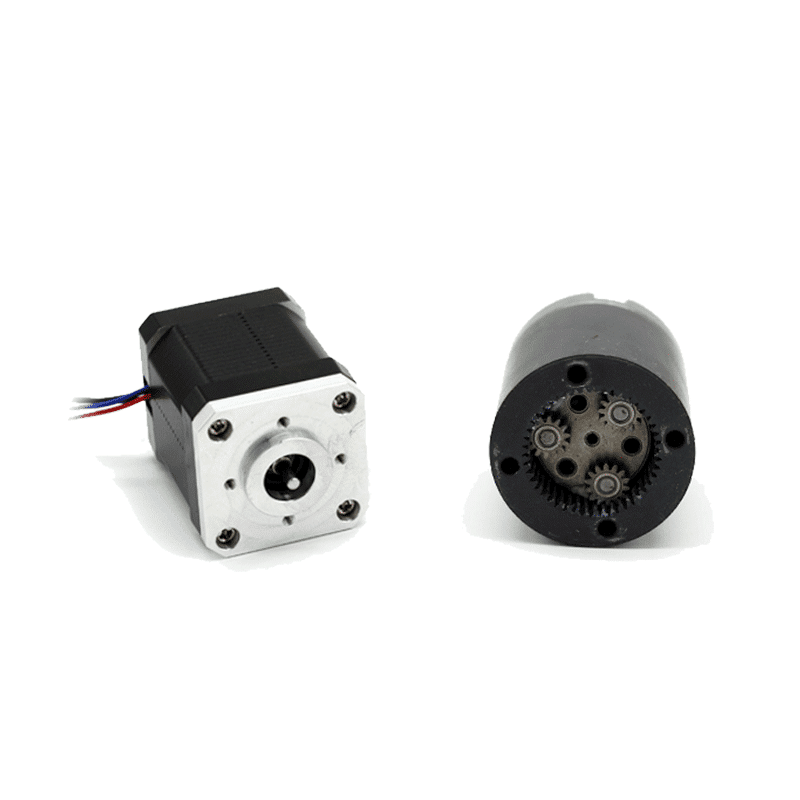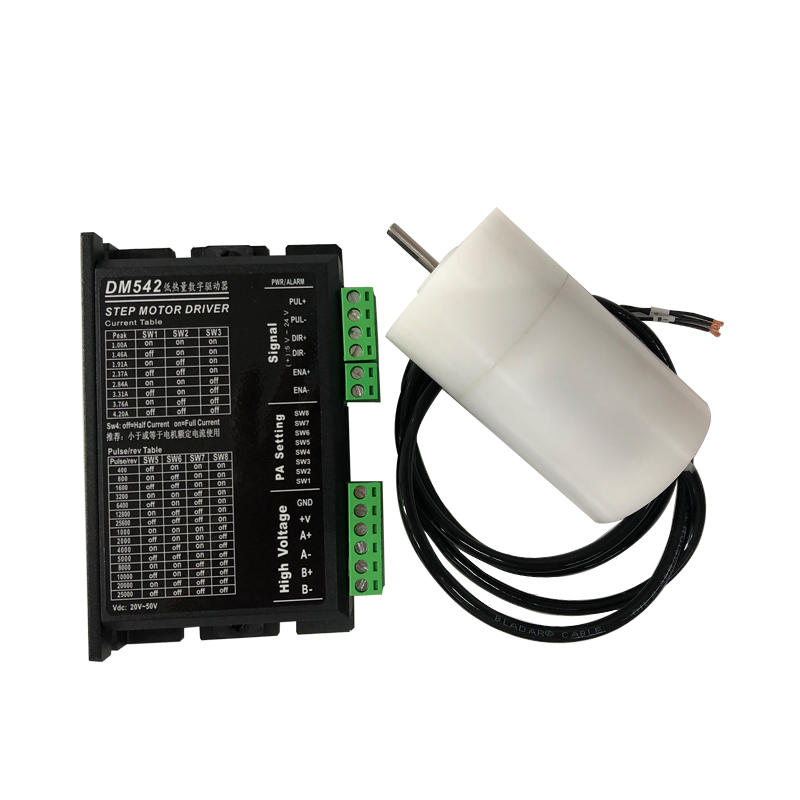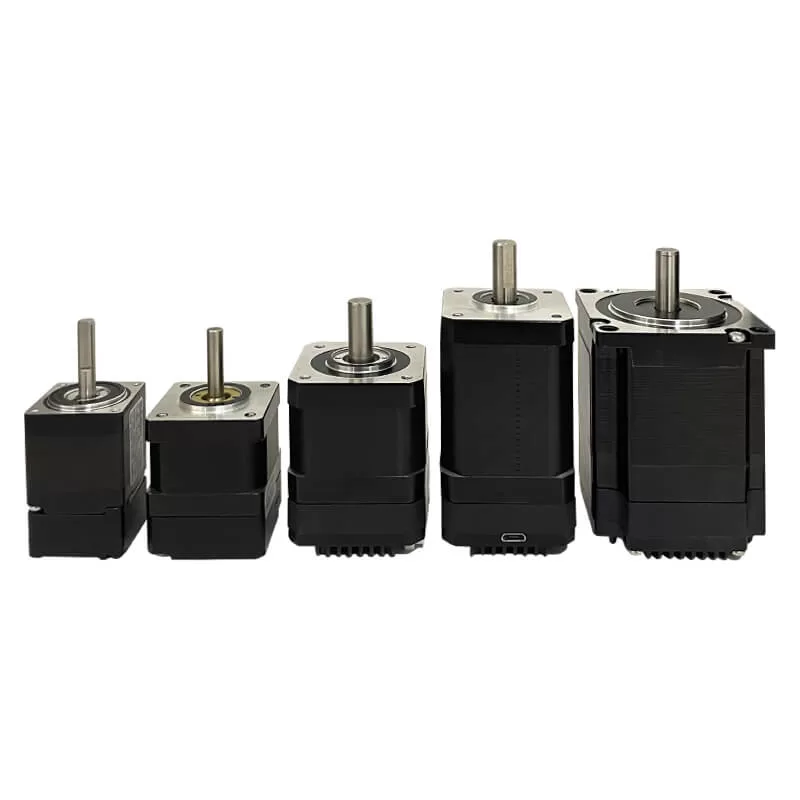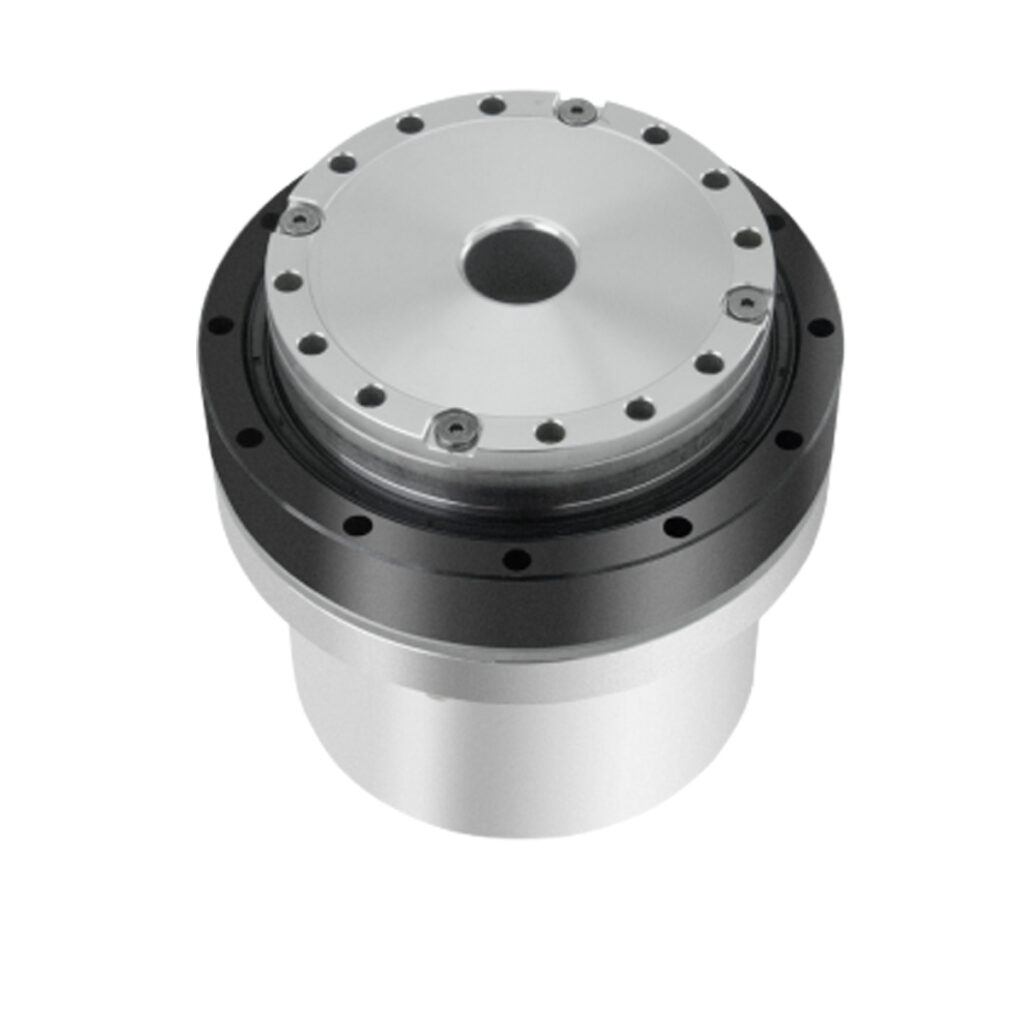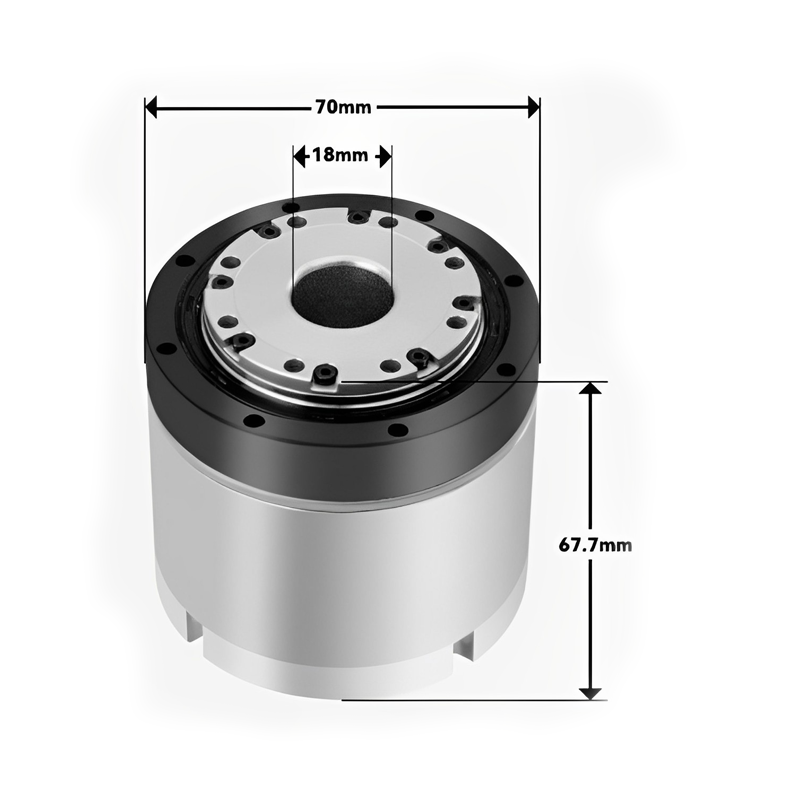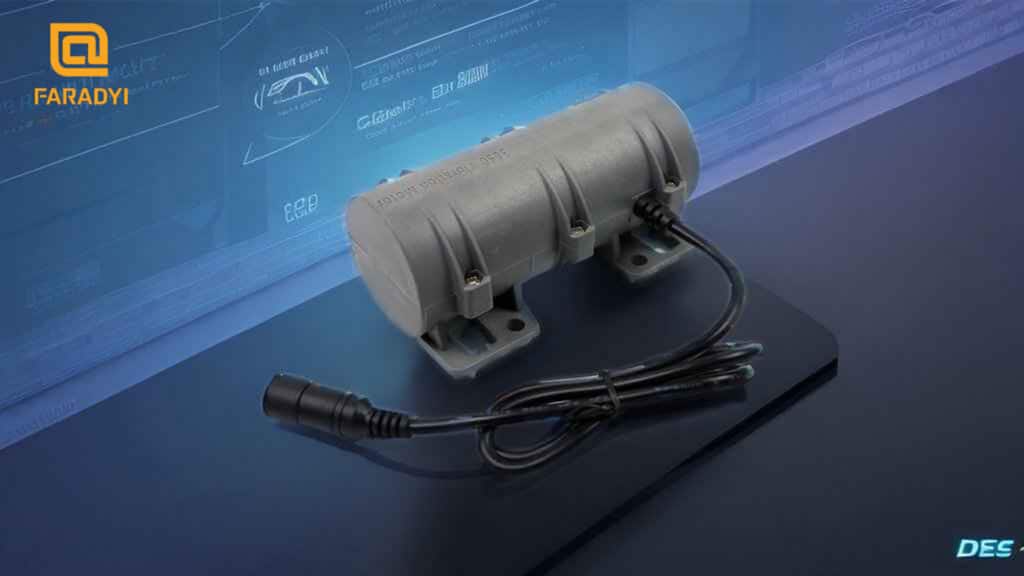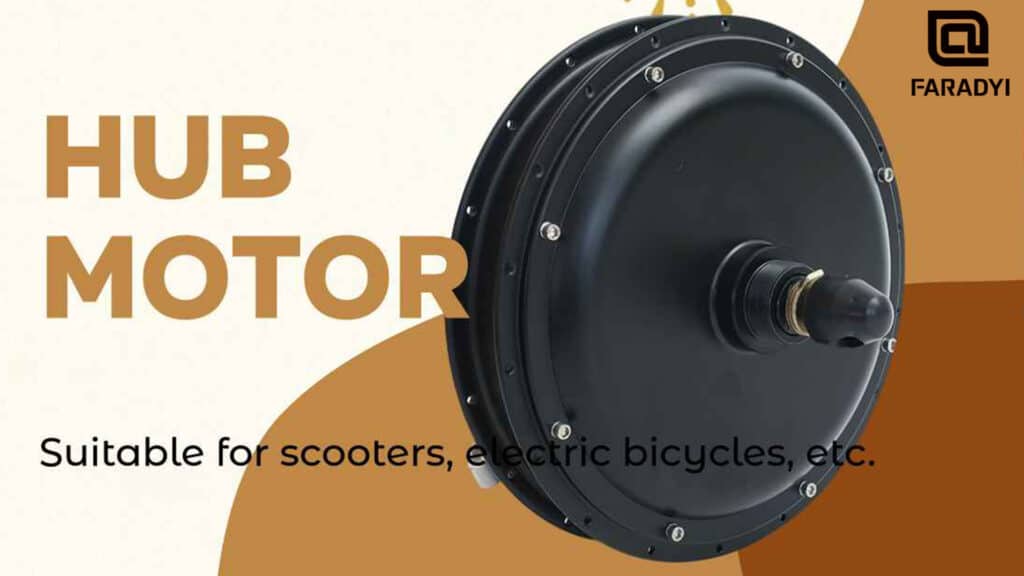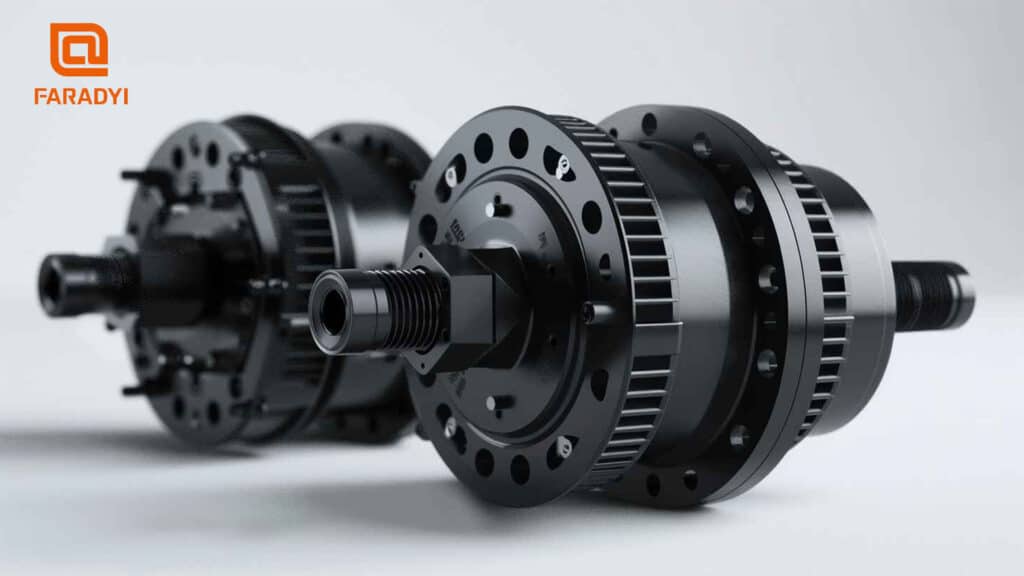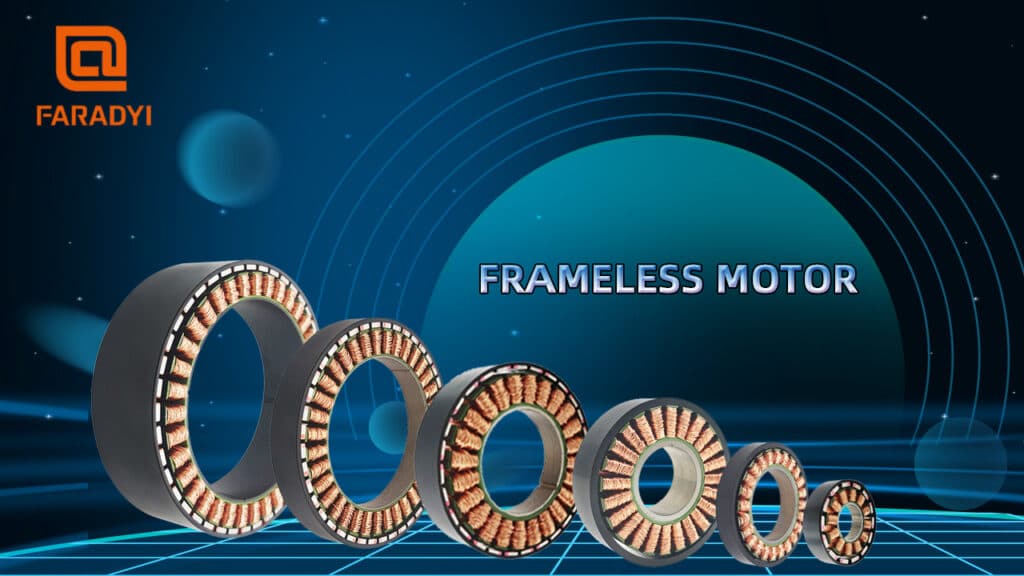Der zweiphasige Vierdraht-Schrittmotor wird als digitaler Aktuator häufig in Bewegungssteuerungssystemen eingesetzt. Bei vielen Benutzern kann es bei der Verwendung des zweiphasigen Vierdraht-Schrittmotors zu einer erheblichen Erwärmung kommen, was Zweifel an der Normalität dieses Phänomens aufkommen lässt. In Wirklichkeit ist Erwärmung bei zweiphasigen Vierdraht-Schrittmotoren ein häufiges Phänomen, aber eine starke Überhitzung kann die Motorleistung beeinträchtigen und gilt als abnormal. Hier sind einige Möglichkeiten, um die Überhitzung bei zweiphasigen Vierdraht-Schrittmotoren zu minimieren:
-
Reduzieren Sie Kupfer- und Eisenverluste:
Um die Erwärmung bei zweiphasigen Vierdraht-Schrittmotoren zu verringern, sollten Anstrengungen unternommen werden, um die Kupfer- und Eisenverluste zu reduzieren. Die Reduzierung der Kupferverluste erfolgt in zwei Hauptrichtungen: Verringerung des Stroms und des Widerstands. Dies erfordert, wenn möglich, Motoren mit niedrigerem Nennstrom und Widerstand auszuwählen. Bei zweiphasigen Vierdraht-Schrittmotoren kann die Verwendung von in Reihe geschalteten Motoren anstelle von parallel geschalteten Motoren dazu beitragen, die Kupferverluste zu reduzieren, obwohl dies möglicherweise im Widerspruch zu den Anforderungen an Drehmoment und hohe Geschwindigkeit steht. -
Treiberfunktionen nutzen:
Bei bestimmten Motoren ist es wichtig, die Funktionen des Treibers zu nutzen, um eine Überhitzung zu minimieren. Besonders nützlich sind die Offline-Funktion und die automatische Halbstromregelung des Treibers. Die automatische Halbstromregelung reduziert den Strom automatisch, wenn der Motor statisch ist, während die Offline-Funktion den Strom vollständig abschaltet. -
Erwägen Sie Mikroschritttreiber:
Darüber hinaus können Mikroschritttreiber, die eine Stromwellenform erzeugen, die näher an Sinuswellen mit weniger Harmonischen liegt, dazu beitragen, Oberwellenverluste und damit die Motorerwärmung zu reduzieren. Diese Treiber sorgen für einen gleichmäßigeren Betrieb und weniger Wärmeentwicklung. -
Wählen Sie die entsprechende Spannungsstufe:
Wählen Sie für den Antriebsmotor eine geeignete Spannung, die ein Gleichgewicht zwischen Hochgeschwindigkeitsleistung, Laufruhe und Erwärmung herstellt. Bedenken Sie dabei, dass Hochspannungsantriebsmotoren zwar die Hochgeschwindigkeitseigenschaften verbessern, aber auch die Erwärmung erhöhen können.
Zusammenfassend
Bei verschiedenen zweiphasigen Vierdraht-Schrittmotoren tragen sowohl Kupfer- als auch Eisenverluste zur Erwärmung bei. Kupferverluste resultieren aus Widerstand und Strom, während Eisenverluste mit Spannungsniveau, Material, Strom, Frequenz und Spannung zusammenhängen. Der zweiphasige Vierdraht-Schrittmotor strebt im Allgemeinen nach Positioniergenauigkeit und Drehmomentabgabe, was zu geringerer Effizienz, höherem Strom und erheblichen harmonischen Komponenten führt, was im Vergleich zu typischen Wechselstrommotoren zu einer spürbaren Erwärmung beiträgt. Durch die Umsetzung der vorgeschlagenen Lösungen können Benutzer darauf hinarbeiten, die Überhitzung zu minimieren und die Leistung von zweiphasigen Vierdraht-Schrittmotoren zu optimieren.

